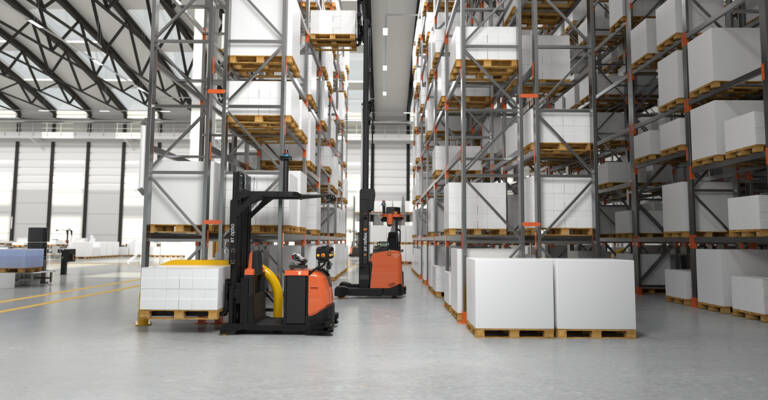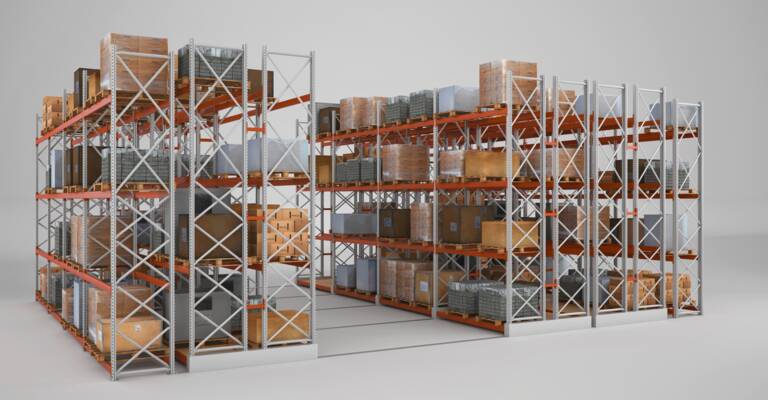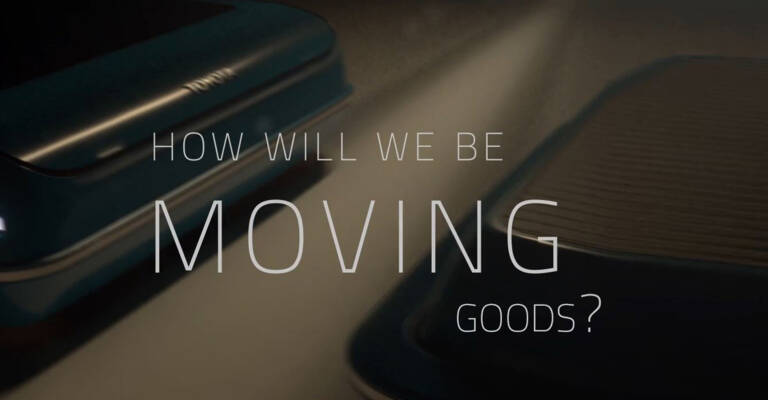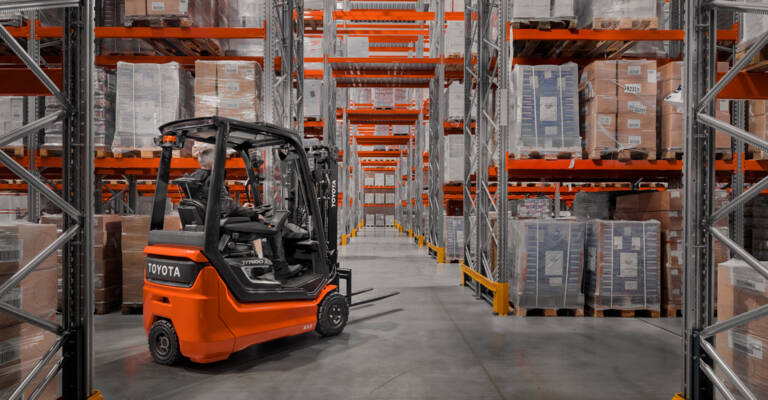Facts & figures
• Company: LCW
• Location: Groningen, Netherlands
• Industry: Logistics
• Applications: horizontal transport, storage
• Trucks: 2 RRE250H
• Racking: 2 Toyota Radioshuttles, mobile racking
About LCW Groningen
For years, the families Vonck, Liewes and Gorter were renowned transport companies in Groningen, Netherlands, with a lot of growth potential. Joining forces in 2003 paved the way for further growth under the name LCW Groningen, and in 2009 they moved into a new 15,000 m² logistics centre. From here, storage, distribution and logistics services are provided to numerous customers in various sectors; from building materials to food. The success continued and recently led to further expansion of the building. "We looked at whether we could expand the existing building in height, but this would have proved to be insufficient additional space to fully meet our needs," says logistics manager Martijn Heidema. The immediate requirement was 4,000 m². "However, with a view to further growth and based on the costs, we have opted for more than doubling the number of square metres," continues Heidema. The total LCW logistics centre now measures 23,500 m².
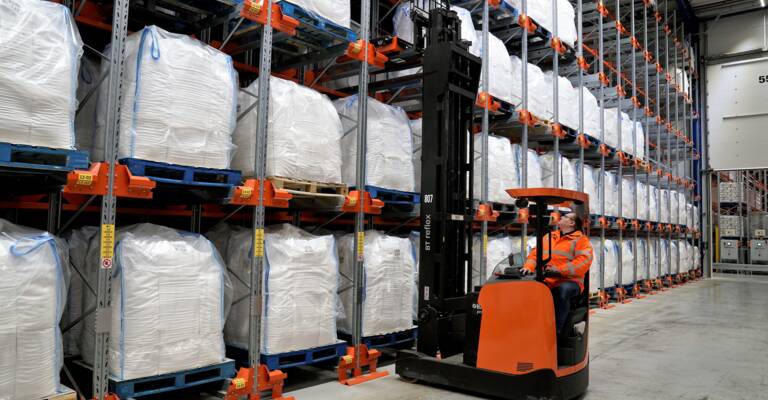
High storage density and maximum flexibility
The original idea was to fill half of the additional space with racking and finish the second half in a later phase. However, by designing the new building in one go, quick and compact storage and flexible picking could be achieved. For the storage of the pallets, which are supplied in batches, a shuttle system proved to be the most suitable solution. In the other warehouse hall, mobile racking enables compact storage and a flexible picking process. Both racking solutions were supplied by Toyota Material Handling Nederland. Heidema: "We have approached several suppliers, with very similar offers as a result, but the Toyota solution was the most complete. Moreover, they gave us the best impression, following their site visits. That feeling, in combination with the total package, was the deciding factor for us."
Unique features
The combination of shuttle and mobile racking offers LCW a high storage density in a relatively limited space, while maintaining maximum flexibility. The mobile racks are divided into two blocks; respectively 8 and 9 double carriages with a length of 31 metres. The entire space can house 7260 Europallets, with every location being accessible. The shuttle system is divided into two blocks of six levels. In total, the storage has 276 channels, accounting for a total capacity of 8.8 million kg of food. It doesn't matter whether the goods are stored on Europallets or block pallets: the two Toyota Radioshuttles handle the storage and retrieval of both pallet types.
This newest generation of shuttles is equipped with several sensors that recognise the contours of the pallet. The shuttles, each with a capacity of 1,500 kg, also have unique features that simplify work in the warehouse. They are able to count - at full speed - the number of pallets ánd the number of available locations in a channel. People detection scanners on both sides of the shuttles guarantee maximum safety.
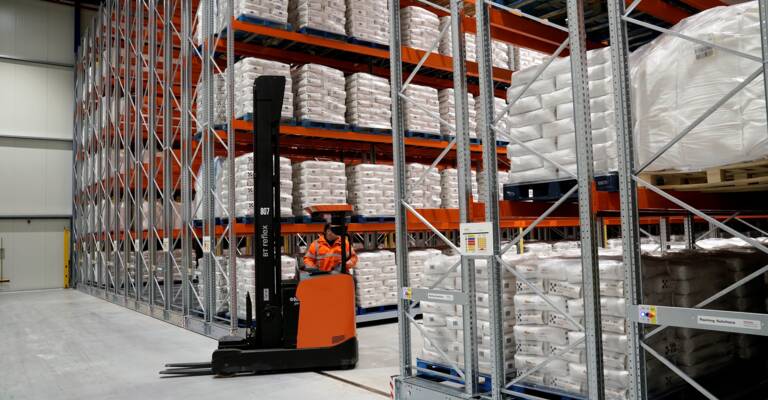
Safety is key
Safety is of paramount importance at LCW. "For example, we have deliberately opted for a wider aisle (5.5 metres), so trucks can safely pass each other," says Heidema. The shuttle racks are optimally protected. If a rack gets hit, it can be repaired relatively easily at a small cost. In many cases, only the lower part of the upright - which is firmly anchored to the rack assembly - needs to be replaced. The mobile racking is equipped with extra safety features on top of the standard features. For example, photocells count how many trucks drive in and out of an aisle. The aisle is automatically released when no more trucks are present.
Involving Toyota from the start was beneficial
LCW involved Toyota at an early stage in the realisation and design of the new building. A decision that has brought the service provider nothing but benefits. "We have optimised the layout together and still benefit from this every day," says Heidema. The position of the doors is adjusted to the rack configuration, for example. The side and the back of the shuttle racking also provide sufficient space for mandatory pest control when storing food. The frames of the mobile racks have been adjusted in such a way that the access to the emergency doors remains free without interfering with the operation of the racks. Toyota also supplied two BT Reflex reach trucks for the loading and unloading of the goods. "The solution provided ensures a safer process and health benefits," Heidema concludes.
